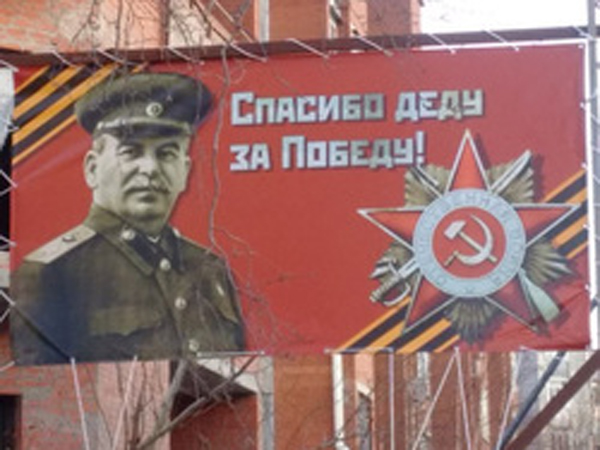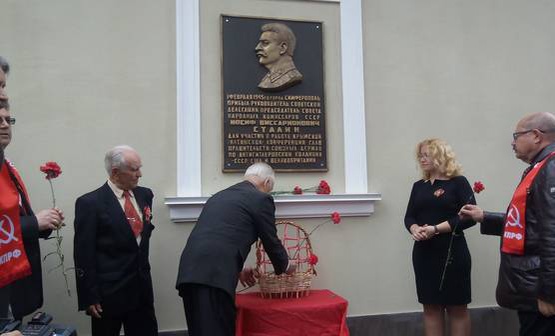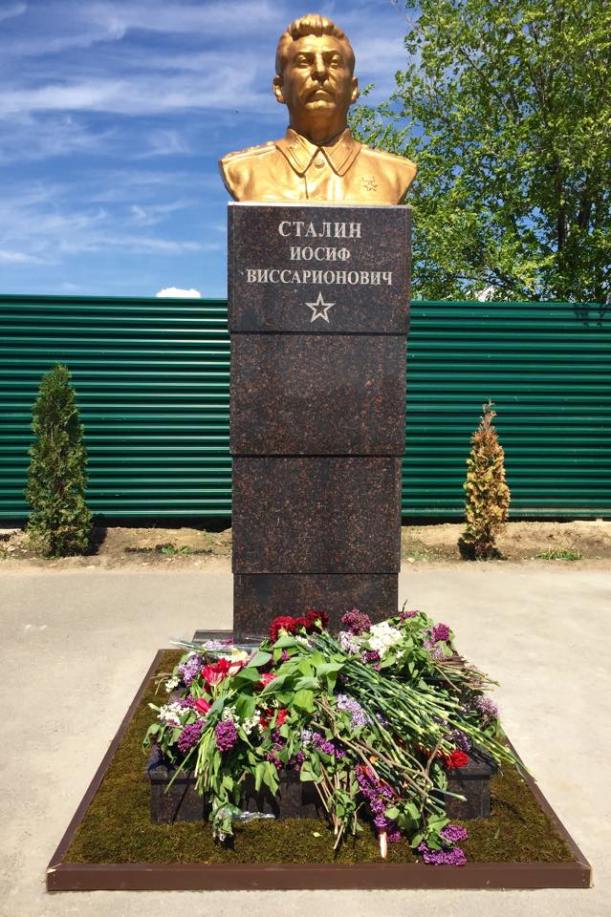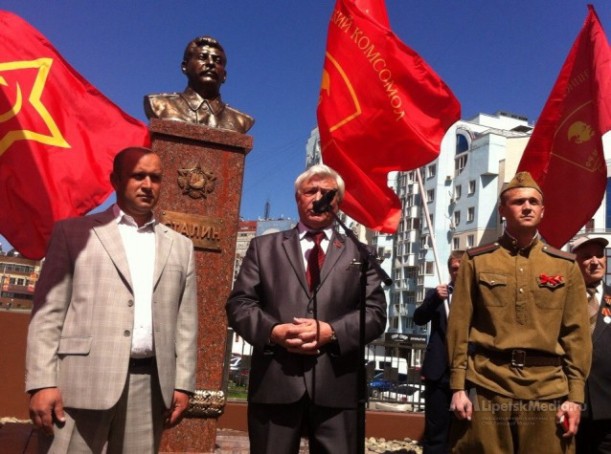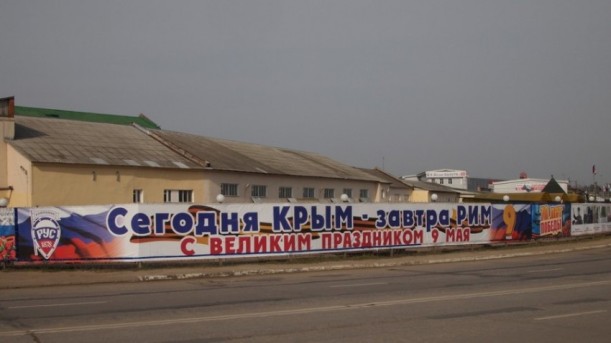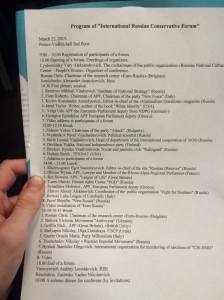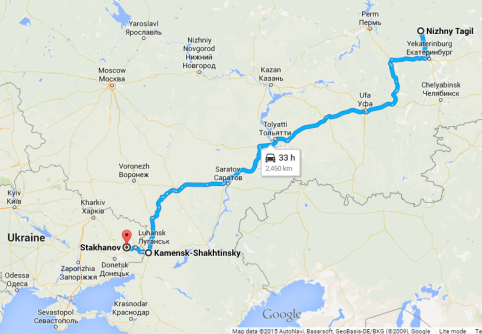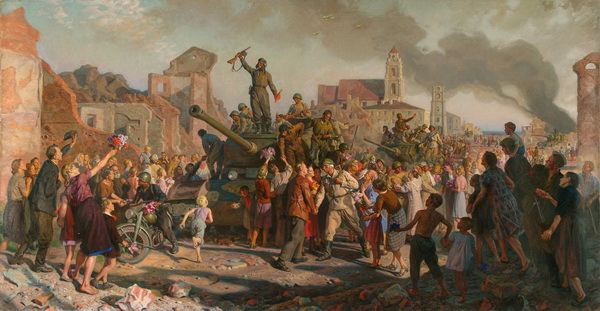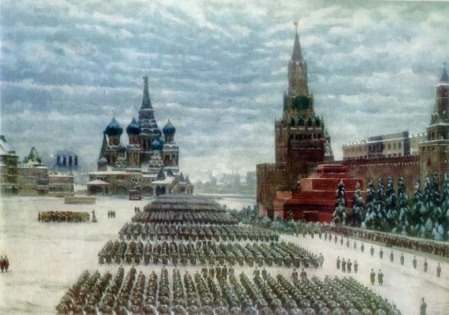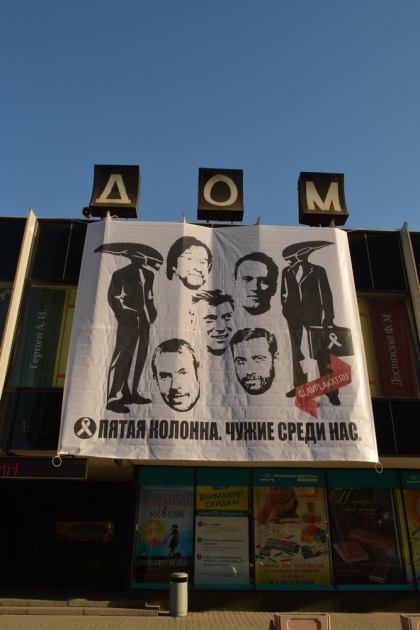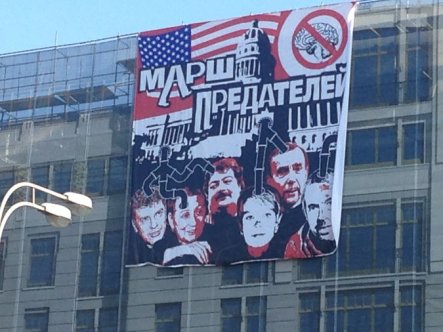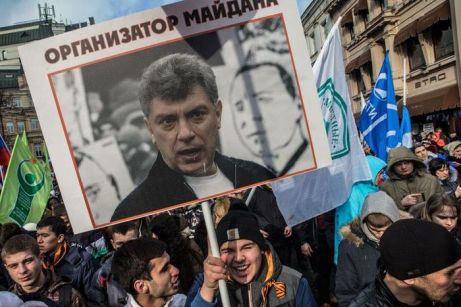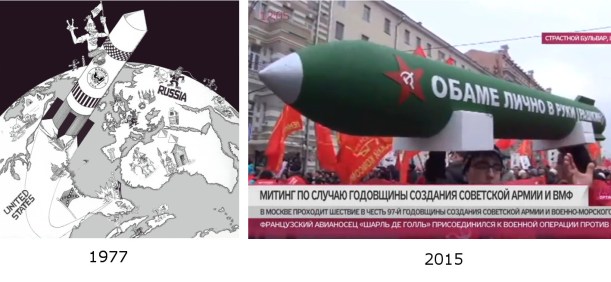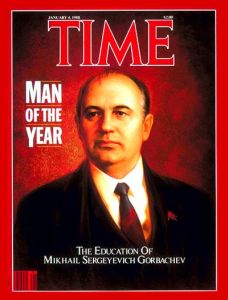
Excerpts from “On Perestroika today. Why is it important today to understand what happened thirty years ago” by Mikhail Gorbachev, former president of the USSR.
Rossiyskaya Gazeta, March 19, 2015
“Today’s dangers are the result of the failure of perestroika, the collapse of the Soviet Union, the departure from the principles of the new thinking, the inability of the new generation of leaders to build a system of security and cooperation that meets the realities of a global, interdependent world.
Opportunities offered as a result of the end of the “cold war” were overlooked. They were not used as they should have been.
The main reason for this is a distorted view of what led to the end of the Cold War.
Many in the West greeted with jubilation the disintegration of the [Soviet] Union, which was caused by internal factors. The end of the Cold War, which benefited both sides and the world, was presented as the victory of the West and the United States. Triumphalism led to the fact that “the only remaining superpower” stated a claim to monopoly leadership in global affairs and even to the construction of an American Empire.
As a result, the world has not become safer. Instead of a “world order” we got “global turmoil”. Conflicts have covered not only the countries of the “third world”, but also Europe. And now, an armed conflict has appeared literally at our doorstep.
I will not talk here about the Ukrainian conflict in detail. Its underlying cause is the disruption of Perestroika, the irresponsible decisions that were taken in the Bialowieza Forest by the leaders of Russia, Ukraine and Belarus. Subsequent years became a burst test for Ukraine. By pulling the country into the Euro-Atlantic community, the West demonstratively ignored Russia’s interests.
Nobody has gained as a result. Everyone has lost. There is a real danger of a new “cold” and even “hot” war.
Now is not the time for recriminations or maneuvers aimed at proclaiming victory in the conflict. This conflict has no military solution, and there will be no winners in it. It is important to support any constructive steps, any manifestations of a more responsible approach that can lead to peace […]
The world has changed. In world politics there are new actors, new dangers. But none of the problems facing humanity can be solved by any single country or group of countries. None of these problems has a military solution. The current generation of world leaders should finally understand that. And act accordingly.
Russia can make a significant contribution to overcoming the current “global chaos.” It should be understood in the West. No attempts to isolate Russia, ignore it will succeed. I am confident that the country can overcome the current economic difficulties. But some serious and sober analysis of their causes is needed.
With all the severity of the international situation and unfavorable foreign economic situation, we must recognize that the crisis in the economy and the acute social problems have been created in the first place by us; we are responsible for them and must address them ourselves.
And no matter how fierce the current economic problems, we need to understand that the root of all is not in the economy but in politics.
In Russian politics, many things which have been put on the agenda in the years of perestroika have not been addressed. This includes the creation of a a pluralistic, competitive political system, a real multi-party system, the formation of a system of checks and balances, balancing the powers of the branches of government, ensuring a periodic change of power.
I am convinced that the way out of the impasse for the Russian and world politics has to be sought only through democracy. In other words, we need democratization of political life in Russia and democratization of international relations. There is no other way.”
